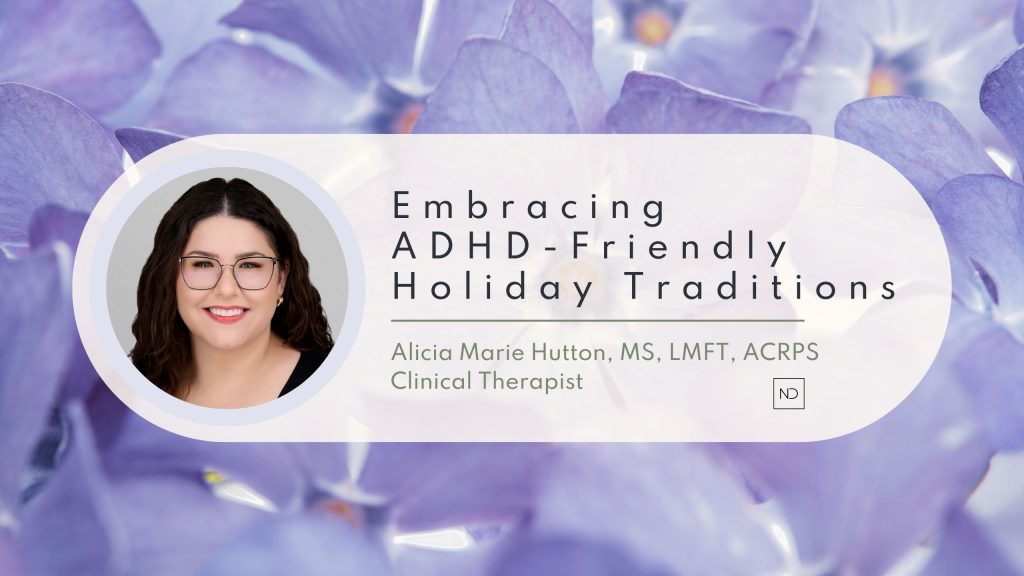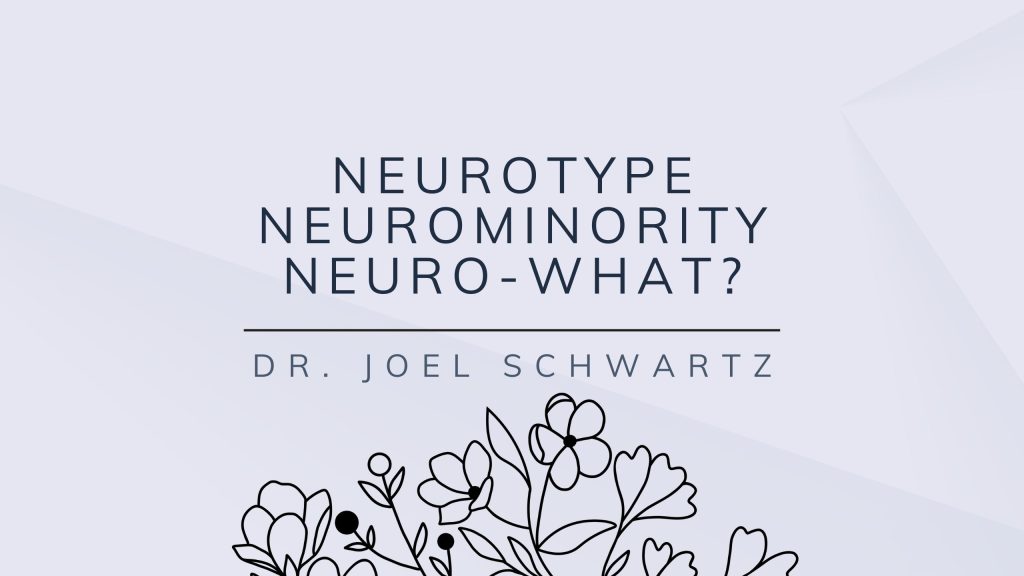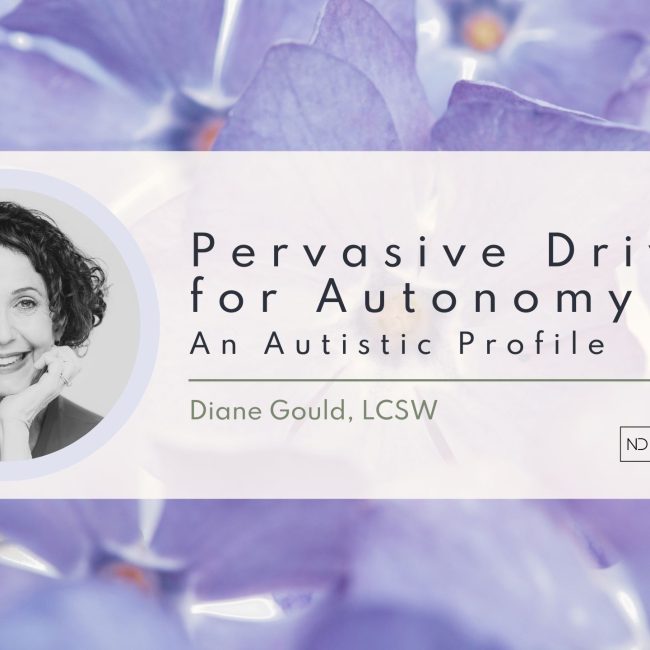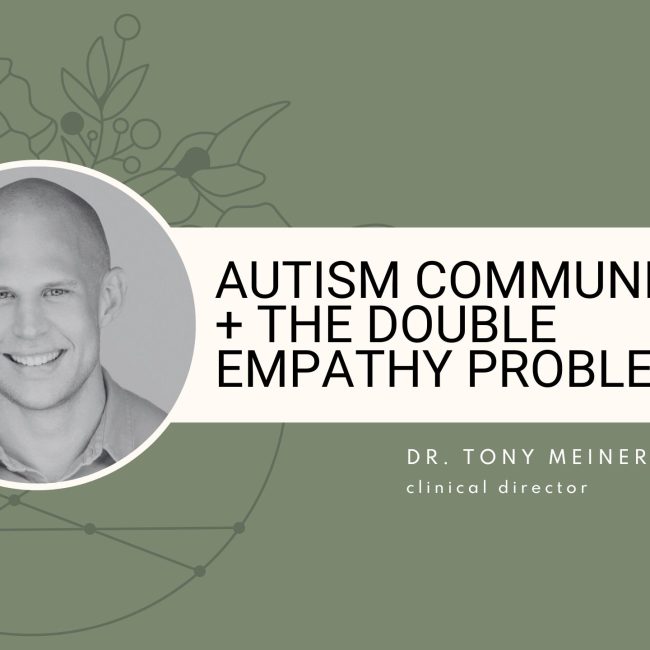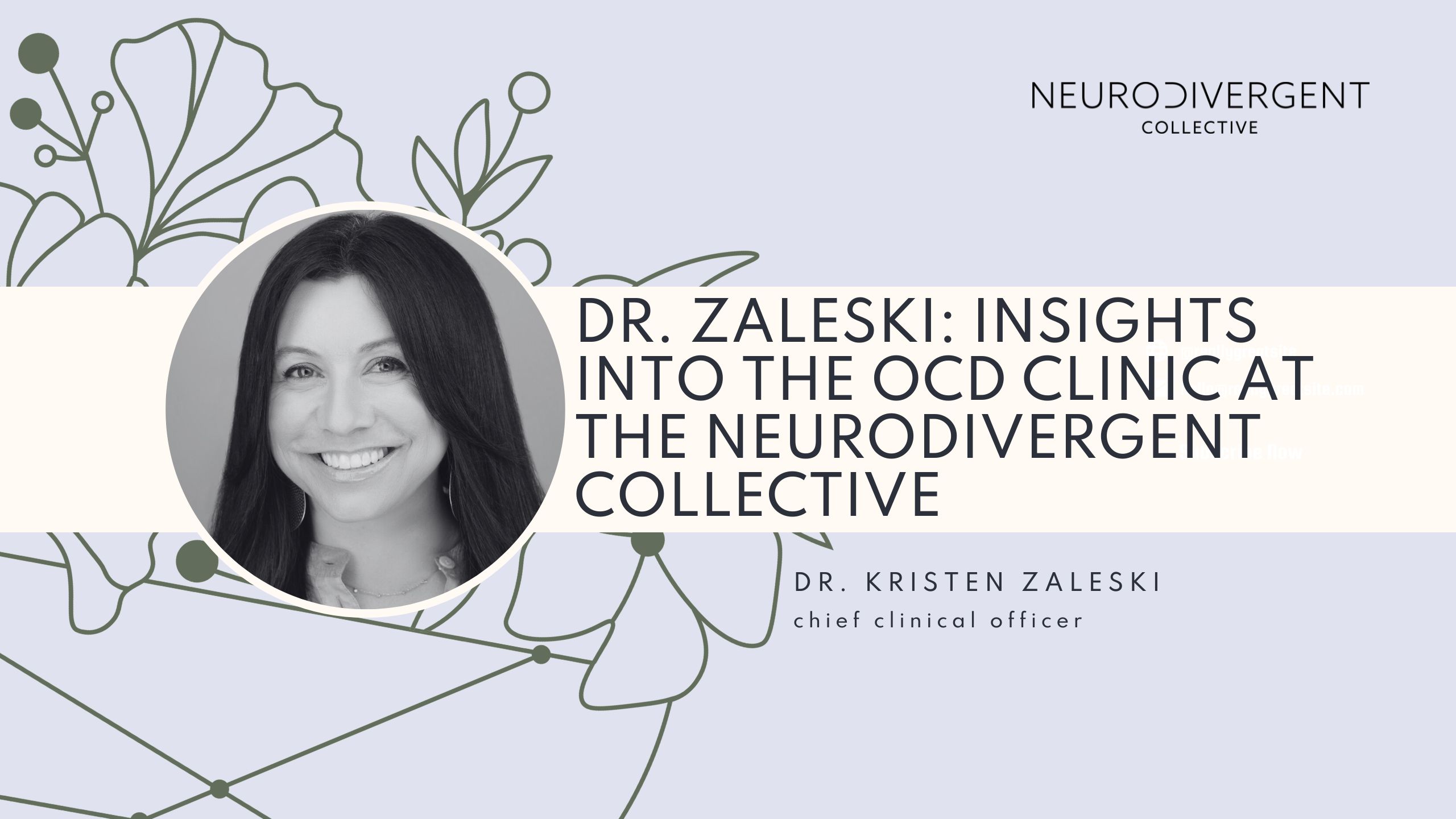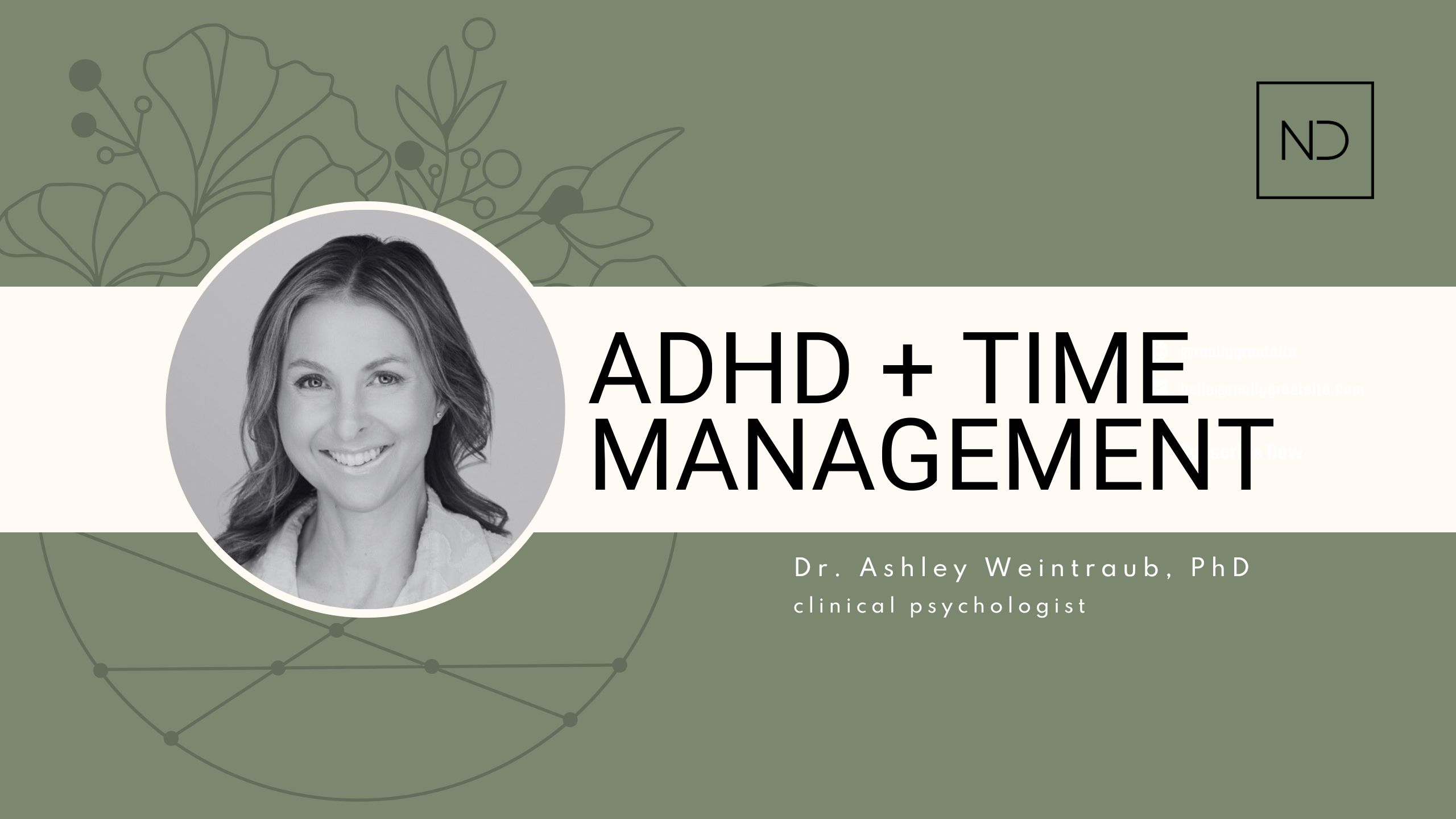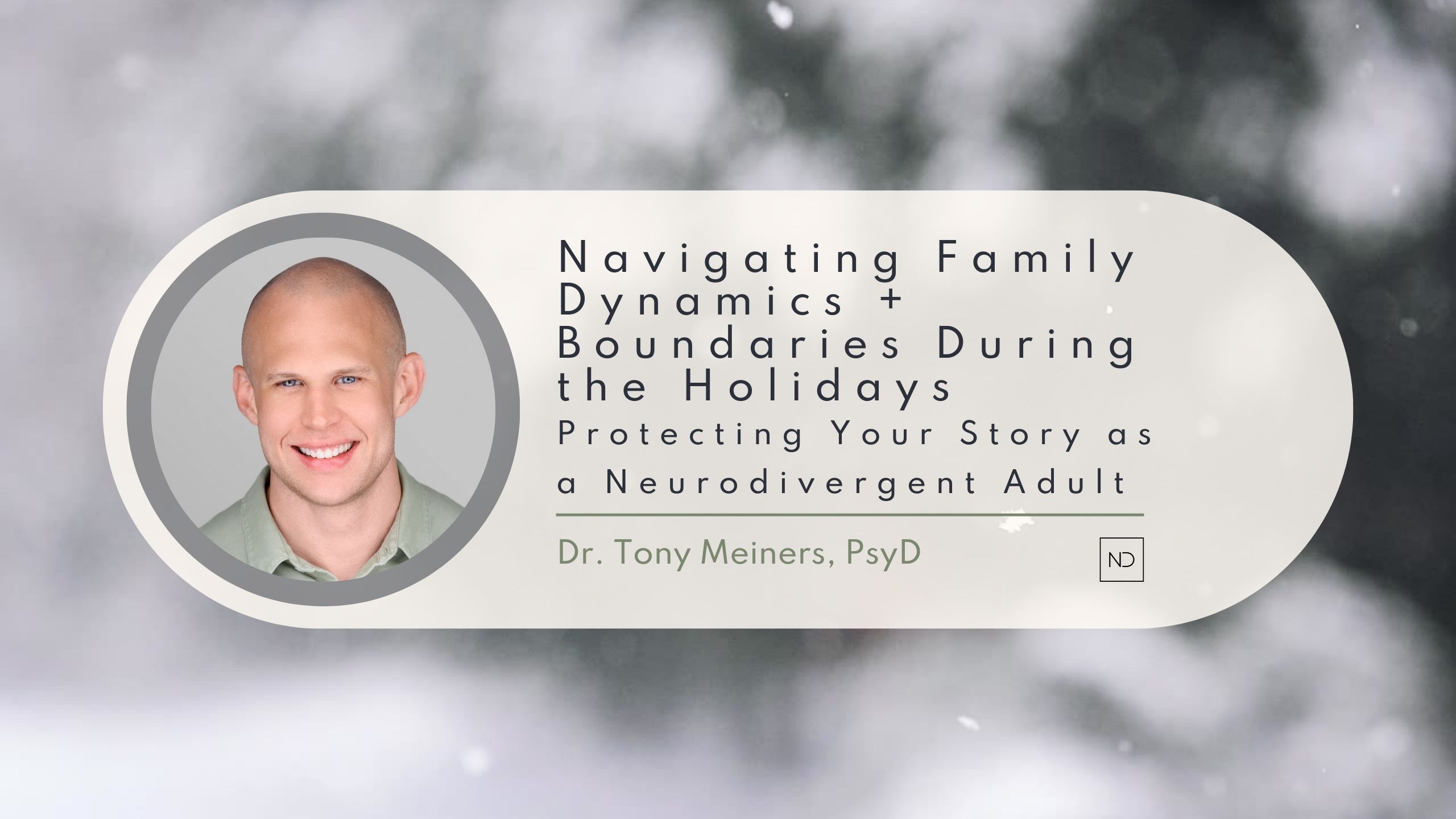
Navigating Family Dynamics and Boundaries During the Holidays
Written By: Dr. Tony Meiners, PsyD | Clinical Director
The holidays can be a time of joy, connection, and celebration—but for many autistic and ADHD adults navigating mental health recovery, they can also be a season of heightened stress, overstimulation, triggers, and challenging family dynamics. If you’ve recently undergone mental health treatment, this time of year may bring added layers of complexity as you reconnect with loved ones and navigate conversations about your healing journey.
At the heart of this challenge is the need to protect your story: your personal narrative of growth, resilience, and recovery. Your story is yours to share—or not share—on your terms, and setting healthy boundaries during the holidays is essential for maintaining your emotional well-being.
When you’ve worked hard in treatment to address your mental health, it’s natural to feel vulnerable about what you’ve been through. The stigma surrounding mental health and neurodivergence can amplify feelings of shame or pressure to explain yourself to others. Family gatherings often bring well-meaning (but sometimes intrusive) questions, unsolicited advice, or even invalidation that can feel overwhelming.
Protecting your story means honoring your truth and identity while maintaining control over how much you choose to share. It’s about prioritizing your comfort, nervous system, emotional safety, and recovery above societal or familial expectations.
Practical Tips for Setting Boundaries and Protecting Your Peace
- Decide What You Want to Share (and with Whom)
Take time before the holidays to reflect on what aspects of your identity and story feel safe to share and with whom. You are not obligated to disclose details about your treatment or struggles. Prepare a few neutral, respectful responses to redirect conversations if needed:- “I’m focusing on the positives right now. How have you been?”
- “I’m not ready to talk about that, but I appreciate your care.”
- Set Clear Boundaries
Boundaries are an act of self-care, not selfishness. Let loved ones know ahead of time what topics are off-limits or how you need to be supported. For example, you might say:- “I’d rather not talk about my mental health this year, but I’d love to focus on the present and enjoy our time together.”
- “I’m happy to join for dinner, but I may step out if I feel overwhelmed.”
- Create an Exit Plan
If family dynamics become too overwhelming, give yourself permission to leave the situation. Plan ahead by identifying a quiet space to retreat to, scheduling a phone call with a supportive friend, or arranging transportation if you need to leave early. - Practice Self-Compassion
Shame and stigma can be heavy burdens, especially when facing judgment or misunderstanding. Remind yourself that you are not responsible for educating others about mental health or neurodivergence. Be kind to yourself, and remember how far you’ve come in your journey. - Lean on Your Support System
Whether it’s a therapist, a trusted friend, or an online community, reach out to people who understand and support your journey and neurodivergence. Research shows that perceived sense of support is an excellent protective factor in improving mental health.
For Family Members and Loved Ones: How to Support Someone in Recovery
If you have a loved one who’s recently undergone mental health treatment, the holidays can be an opportunity to create a safe and affirming environment for them. Here are a few ways to show your support:
- Respect Their Boundaries: Listen when they set limits on what they’re comfortable discussing, and avoid pressuring them for details about their treatment.
- Educate Yourself: Learn about neurodivergence and mental health to better understand their experiences. This can help you avoid unintentional invalidation or harmful comments.
- Celebrate Their Progress: Focus on their strengths and growth, and remind them that you’re proud of how far they’ve come.
- Be Patient and Compassionate: Recovery is a journey, and your loved one may still be navigating challenges. Offer empathy, not judgment.
Protecting your story during the holidays is about reclaiming agency and standing firm in your truth. Your voice is valid, your boundaries are necessary, and your recovery is worth protecting. Whether you choose to share your story or hold it close, remember that you are the author of your narrative—and no one else gets to write it for you.
As you navigate this holiday season, know that it’s okay to prioritize your mental health over tradition. Take pride in the progress you’ve made, embrace the support of those who uplift you, and allow yourself the freedom to create a holiday experience that honors your growth and healing.
Happy Holidays! – Dr. Tony Meiners, Clinical Director
Do you have a question?
Send us a message


